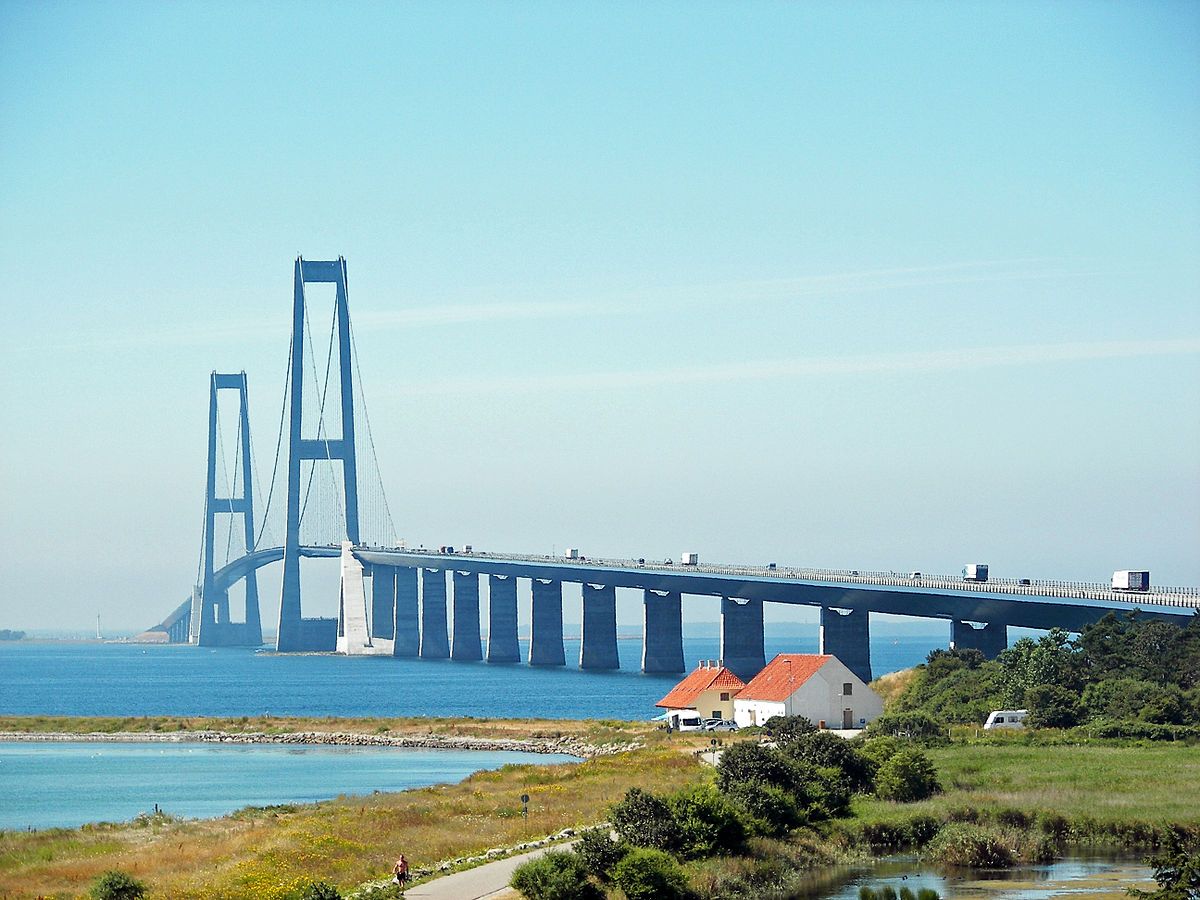A recent article in The Copenhagen Post on the emerging Chinese tourism market suggests tourists are leaving the nation’s capital wholly unimpressed with what’s on offer.
As one of “the more independent tourists” (whatever that could possibly mean in the following context) pointed out: “Copenhagen seems boring. We don’t know what to do or what to see. We have been to Tivoli and the Hans Christian Andersen Museum twice”.
The familiar vitriol of the article’s online comment section echoes the sentiment of the man who apparently planned and paid for a family holiday only to take a three kilometre guided walking tour of attractions so tedious he decided to see them again. But is Copenhagen really as unremarkable as it seems? Actually, yes.
There really is nothing to see here, if by ‘something’ you’re referring to towering phalluses (or is it phalli?) of historical importance. There’s an obvious lack of tourist-stopping, camera-clicking grandeur within the city but unless human slavery and a couple of decades of unimaginable cruelty are back on the political agenda, we probably won’t be getting a world wonder of our own in the near future. So why visit such an expensive city with so little to show for itself?
In what may turn out to be a recurring theme in this column, I’ll appeal to the authority of someone infinitely more intelligent than myself to argue a weak and wayward point. Daniel Kahneman is a psychologist, best-selling author and winner of the 2002 Nobel Prize in Economics. He is best-known for his work with human judgment and decision-making, behavioural economics and hedonic psychology (or happiness economics). His 2011 work, ‘Thinking Fast and Slow’, explains ‘the two selves’ – a way of assessing well-being as experienced from moment to moment by ‘the experiencing self’ and then collated over time as memories by ‘the remembering self’.
Here’s a quick thought experiment from Kahneman that will hopefully shed some light on both his idea and the reason I’m about to hijack it. If money, time and commitment were no issue, where would you go for your next holiday? I’d take an old British motorbike and ride it around Europe until it quite literally fell to pieces beneath me. It would be uncomfortable, painful, dangerous and frustrating but it would certainly be an experience worth remembering. Now the same question, except this time, all of your memories (and your frankly amateur photos) are wiped. Would you choose the same holiday?
If the answer is no (and personally, I’d make the switch to a coastal town in southern Spain with a good book, a better friend and more red wine than any human being should safely consume in a lifetime) then you’ve just discovered the disconnect between your two selves and hopefully realised that your ‘remembering self’ has a tendency to drag your ‘experiencing self’ through possibly unwanted adventures in the hope of acquiring desired future memories.
So, here’s my tourism campaign. Copenhagen is a holiday destination for your experiencing self. A place to finally indulge your oft-forgotten but simpler, pleasure-seeking self. Maybe we don’t have the oversized clocks, giant TV antennas and structurally questionable towers from the 14th century your remembering self is hoping for, but maybe you can treat your experiencing self to a beer and a barbecue on Islands Brygge. Maybe a cosy coffee in Vesterbro, a bit of fresh air in Christiania, an overpriced meal at Nyhavn and a night out in Kødbyen is what you need. Maybe a day in Frederiksberg Gardens nursing a hangover and soaking up the rare summer sun is Copenhagen’s Niagara Falls.
It’s hard to feel like yourself when you travel. We queue for hours in the pouring rain. We pay extortionate entrance fees. We fight our way to the front of crowds. We buy expensive cameras and take poorly exposed photos we’ll never look at. We get secretly disappointed when we thought it would be bigger. Then we tell all our friends we went to The Louvre because that’s what people who go to Paris do. We’re so busy ticking boxes on imaginary cultural scorecards and practicing the stories we’ll tell our friends back home that we forget why we left it in the first place.















